At 9 am on a Wednesday, Zhang Juan arrived at a crowded hospital in Beijing and met with her client — an 86-year-old man accompanied by his 62-year-old daughter.
The man's daughter drove him to Beijing from neighboring Hebei province a day earlier to seek treatment for his cataracts. The work of Zhang, a "medical companion", was to run errands for, and help take care of the man while he was in the hospital.
After the man finished his eye test, Zhang retrieved the test results from a self-service kiosk, while the man and his daughter waited outside the test room.
She then went to the cashier to pay for the eye drops prescribed by the doctor, picked them up from the pharmacy, and, following the doctor's prescription, put them into the man's left eye five times with a five-minute interval between each dose to get him ready for eye dilation.
For the rest of the morning, Zhang's job mostly involved accompanying the clients when they waited outside the doctor's office and when they went in to consult the doctor. Sometimes Zhang took the patient's arm when he was walking to prevent him from falling.
The co-founder of a company that develops and operates sewage treatment projects, Zhang said her business had slowed down significantly in recent years, and so she started to work part-time as a companion for people going to hospitals in Beijing about a month ago.
The 36-year-old said "more than 80 percent" of her clients are senior people, explaining that most of her senior clients are residents of other cities who come to Beijing in the hope of finding better medical services, and are accompanied by their spouses or children.
But their spouses and the children accompanying them are also often at an older age, Zhang said, adding that these people may need others' help to navigate through the sometimes tedious medical process.
"Younger people are just too busy to accompany their parents in hospital on workdays," she said.
Many senior people find it daunting to use the self-service devices, which have been widely installed in hospitals for a number of purposes, including making appointments, making payments and printing test results, and some may have difficulties understanding the technical terms the doctors say, according to Zhang.
She said besides offering errand services, she sometimes puts down in detail doctors' advice in a memo on her phone in case her clients forget, and paraphrases technical terms to make them easier to understand for her clients.
The business of medical companions is burgeoning across China, as the country's population is getting older. A large number of posts sharing information about such services are available on social media platforms such as Xiaohongshu and Douyin.
As the demand for medical companions is rising, some have pointed to the fact that there is a lack of universal standards for the occupation.
As a result, some organizations have started offering training for those who aspire to be medical companions and formulated relevant standards.
Shanghai Open University, for example, first opened its training courses for medical companions for elderly care service in September last year, and launched another round of training in April this year.
In July, the city's elderly care service industry association issued regulations for the service provided by medical companions and requirements for their skills, according to reports.
Zhang said a medical companion is like a "temporary family member" of the senior patients.
"A medical companion needs to have strong communication skills. Some basic knowledge about medicines and psychology will help them communicate better," she said, adding that being caring and patient is a plus too.









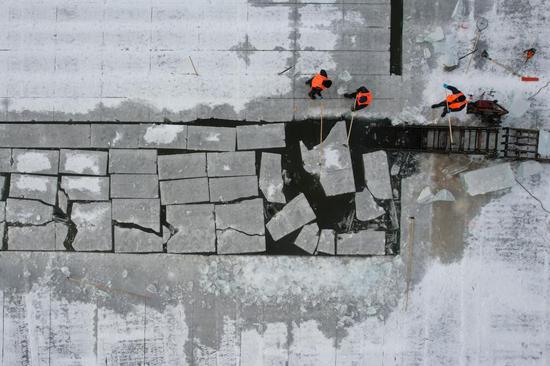












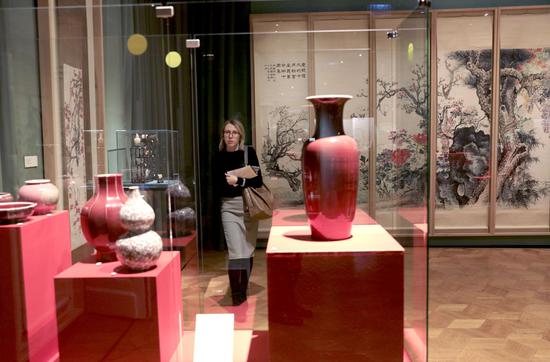



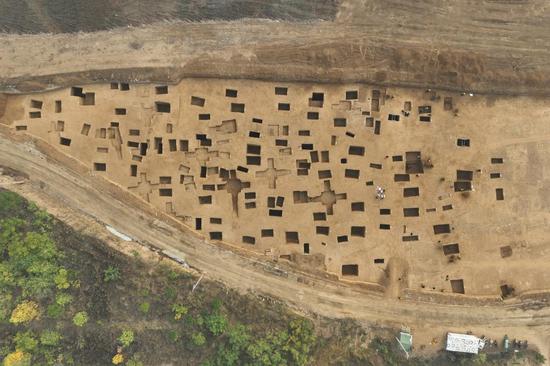
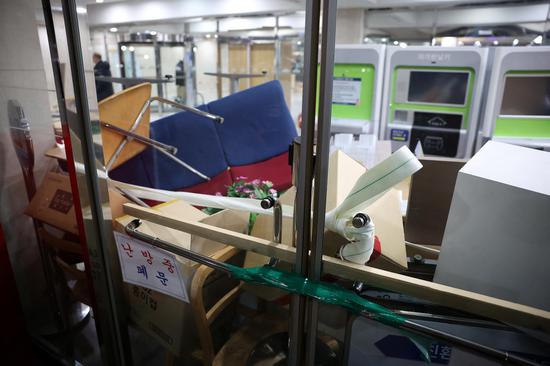





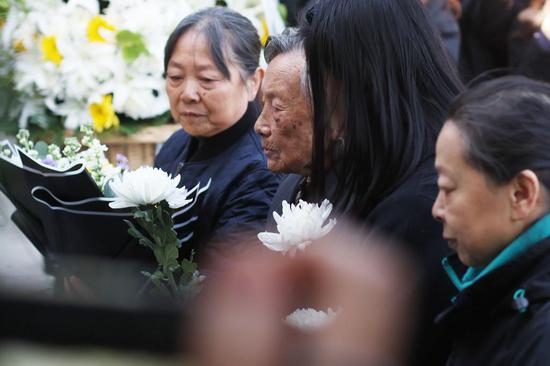




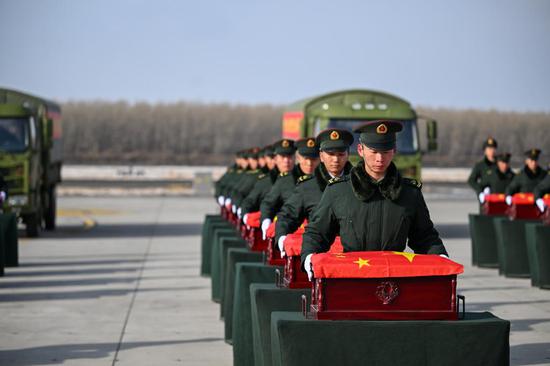







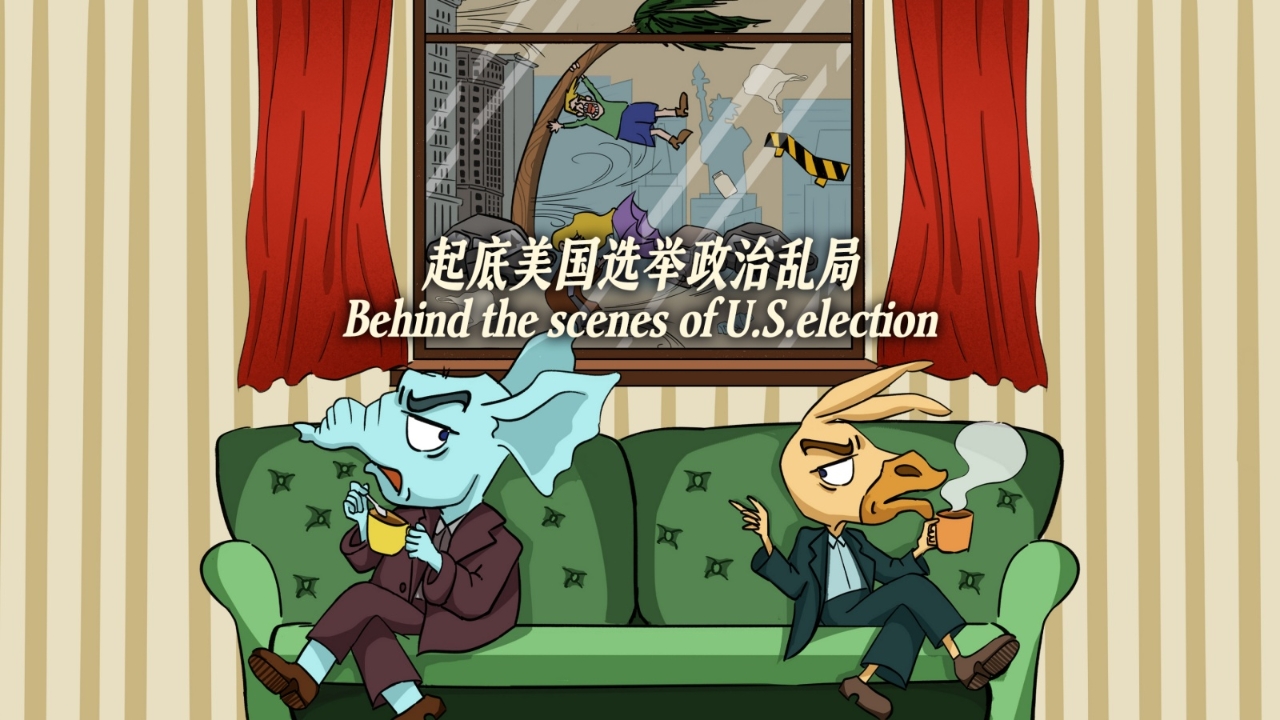



 京公网安备 11010202009201号
京公网安备 11010202009201号